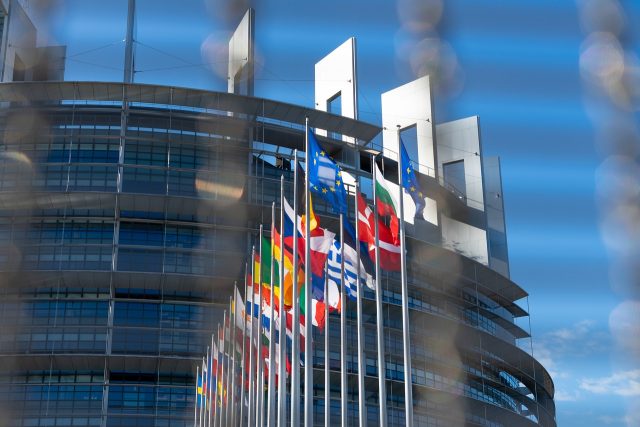
The countries of the Western Balkans, often divided by historical and political complexities, present themselves today with a new unity of purpose in the path towards integration into the European Union.
This is the main message that emerged from the Med Dialogues 2024, an event organized in Rome by the Farnesina and the Institute for International Political Studies (ISPI). In this important gathering, which brought together representatives of various countries and institutions, the Balkans forcefully reaffirmed their desire to become part of the “European family”.
The voice of the Balkans: a united appeal
During the panel “Securing the Mediterranean: The Role of Western Balkans”, the representatives of the Western Balkans expressed a unanimous position. The Albanian Minister of Foreign Affairs, Igli Hasani, underlined the importance of a multilateral approach in an increasingly unstable global context. “Multilateralism is suffering, and destabilizing forces are coming from the East. This is why the return of the Balkan countries to the European family is an advantage not only for us, but for the whole of Europe”, Hasani said. Montenegrin Minister Ervin Ibrahimovic also issued a clear warning: only by completing the enlargement process will the EU be able to avoid destabilizing interference and respond to geopolitical and economic challenges, such as energy security and immigration management. Bosnian Minister Dino Konakovic instead emphasized the progress made by the Balkans in recent years. “After more than twenty years of hesitation, we have finally overcome our divisions and are making real progress towards European integration”, he said, recalling how Russian aggression against Ukraine has strengthened the region’s determination to join the EU. A call for meritocracy and concreteness
Among the most relevant voices of the Med Dialogues, that of the Minister of North Macedonia, Timco Mucunski, drew attention to the importance of a pragmatic approach. Mucunski asked the new European Commission for less rhetoric and more concrete actions to reward countries that have made significant progress in adopting the reforms requested by the EU.
“We have implemented a reform agenda praised by President Ursula von der Leyen and we are fully aligned with the EU’s Common Foreign and Security Policy”, said Mucunski. He also assured that Skopje will continue to work to ensure that the progress made is recognized and valued.
An opportunity for Europe and the Balkans
The accession of the Western Balkans to the EU is not only an opportunity for the region, but also a strategic necessity for the Union. Political stability, energy security and the coherence of European policies are closely linked to the integration of these countries.
The consolidation of the Balkans as an integral part of Europe could strengthen the EU’s position globally, closing the doors to destabilizing influences from external powers. The Balkans’ representatives reiterated that their accession would make a decisive contribution to the stability of the entire Mediterranean region, responding to global challenges with greater unity and coherence.
The relaunch of the Western Balkans’ candidacy for the EU is a fundamental step to strengthen European cohesion and respond to the challenges of the future. The determination shown by the Balkan countries, together with the support of Member States such as Italy, highlights how this objective is not only desirable, but necessary.
The coming years will be crucial to transform promises into reality, with the hope that the new European Commission will adopt a more incisive and meritocratic approach. The Western Balkans look to Europe with confidence and expectations, ready to contribute to building a stronger, more stable and more inclusive Union. The controversial events of current geopolitics will make any integration process more complex than hoped, but the European Union could represent the diplomatic solution necessary to resolve the issue.



 Subscribe
Subscribe